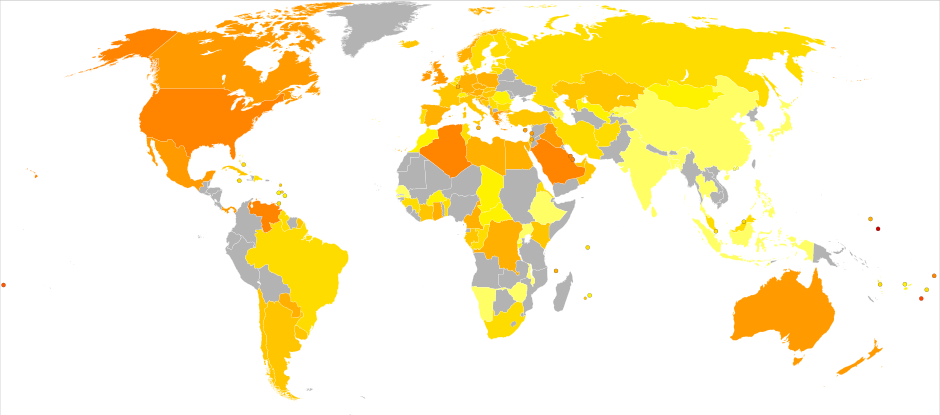Melbourne, May 5: Australia and India’s leading infectious disease and chronic illness experts are meeting in Melbourne this week to discuss emerging similarities between the two fields of medical science.
The forums are part of the University of Melbourne’s ENCORE program, a collaboration between the two nations to fight the meteoric rise of lifestyle-related diseases in low to middle-income countries.
ENCORE project lead Professor Brian Oldenburg, from the University of Melbourne School of Population and Global Health, says lifestyle-related illnesses have now surpassed infectious diseases as the lead causes of death worldwide.
“Heart disease, stroke, diabetes and cancers have become the leading causes of deaths in the developing world,” Prof Oldenburg said.
“Today, 80 per cent of these deaths are people from low and middle-income countries like India.”

Prof Oldenburg said the rise of lifestyle diseases in the developing world has led to a ‘double-whammy’ of people living with both chronic and infectious diseases. He added that there are increasing similarities between the two from a public health perspective.
“Chronic conditions, paradoxically, behave like infectious diseases in the sense that we are more likely to choose people like ourselves as friends and we also have an influence on other people’s lifestyles so they become more like us,” he said.
“The flipside is infectious diseases, like HIV, are now behaving like chronic conditions because there are better treatments for this condition, so patients need to self manage their lifestyle and their long-term treatments for the rest of their lives.
“There are linkages between the classical distinction between non-communicable diseases and infectious diseases, these differences are becoming much more converged.
“This meeting in Melbourne is a wonderful illustration of how we need to work together to combat these wicked public health challenges.
“This week, experts from University of Melbourne and India will share expertise in chronic conditions, infectious diseases, health systems and policy, to understand how we can deal with these wicked public health issues more effectively in the future.”

